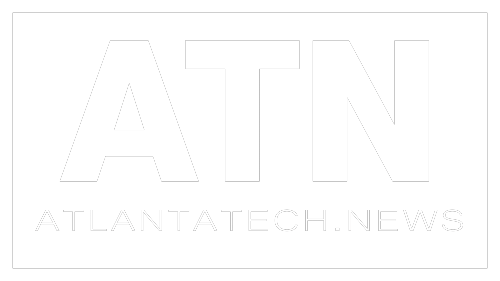Bringing about transformative long-lasting supply chain change requires collaboration among all parties in the transportation ecosystem. Today, a leading group of transportation executives and thought leaders have announced that they have brought together 20+ organizations to support and evolve the LTL industry. The Digital LTL Council brings together carriers, logistics service providers, shippers and technology providers with the sole focus of developing a set of uniform standards that support the scalable automation and digitalization of LTL shipments.
“The past year has introduced a variety of conditions that has further challenged Uline and the entire transportation industry to find new ways to operate efficiently while reducing cost and maintaining the health and safety of our employees,” said Angelo Ventrone, VP of Logistics at Uline. “We’re excited to join other industry leaders to help create a set of standards and best practices that will enable the entire ecosystem to increase performance, meet customer needs and keep our supply chains moving despite unexpected disruptions such as a global pandemic, extreme weather, trade disruptions, closed borders and economic uncertainty.”
Member companies of the Digital LTL Council include:
- ArcBest
- Averitt Express
- Blue Yonder
- C.H. Robinson
- Dayton Freight
- Echo Global Logistics
- Estes Express
- J. B. Hunt
- Manhattan Associates
- Old Dominion Freight Line
- Peninsula Truck Lines
- Pitt Ohio
- project44
- Quad Graphics
- SAIA LTL Freight
- SMC³
- Transplace
- Uline
- Ward Trucking
- Worldwide Express
With the vision of supporting the automation of all shipping and billing workflows from payment to settlement, the council is currently concentrating on developing digital standards that address the most urgent and widespread pain points across the LTL industry. Ultimately, this will enable shippers, LSPs and carriers to build their systems to one standard and use it across the industry, increase productivity and develop more value-based strategic relationships.
Projected Industry Cost Savings and Current eBOL Beta Progress
Over the past 12 months, select council members including Uline, Quad Graphics, Averitt Express and Pitt Ohio have been running beta projects focused on developing more standardized electronic BOL (eBOL) solutions. The development of this solution will foster stronger understanding of the data and processes needed to enable industry-wide adoption at scale.
Early results from the council indicate that once manufacturers or distributors digitize the LTL shipment lifecycle, “they’ll see an average of 2 to 4-percent cost savings per shipment. That total value delivered is comprised of many critical factors including increased network efficiency and on-time performance, reduced safety stock levels, decreased dwell times, improved carrier performance and heightened human resource efficiency,” stated Christian Piller, Vice President of Value Engineering at project44.
As for the benefits to carriers, they’ll automate or even eliminate certain administrative, bill entry and customer service tasks, saving up to 1.3 percent of their current costs. This equates to industry savings of potentially $470 million. “The benefits, of course, don’t stop there. In addition to eliminating manual data entry and risk of transcription errors, carrier systems receive shipment information sooner enabling advance operational planning and network optimization. Carriers estimate they could realize an additional 2-percent reduction in operational costs, making the industry-wide savings nearly $1.2 billion,” stated Brian Thompson, Chief Commercial Officer at SMC³.
To learn more about the Digital LTL Council’s research, view our case studies or contact the council, visit https://info.digitalltlcouncil.com/.
Media Contact
Beth Malik, SMC³, +1 (770) 486-5850, bmalik@smc3.com




